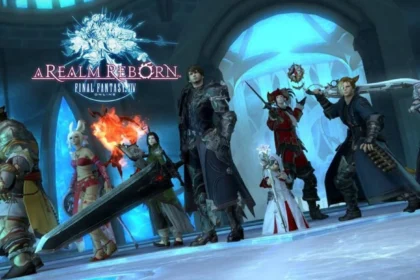Respect Is Key
Miura-sensei says in the drama that “School is not the place for you to decide who wins and who loses.” He is correct. It’s a place to teach and promote the growth of the mind. Subsequently, volunteer work in a community is not a place to practice stroking your own ego and demanding recognition for your efforts. It’s a place to share your skills and abilities with people (students) who can learn from what you provide to enhance their own lives.

As an American and a personal coach, watching this drama is challenging. I have to pull in all of my training, limited cultural competence, and maximum focus, to try and navigate the feelings, thoughts, and bias that inevitably emerge from the sea of my own beliefs. The problem of monster parents in Japan has been well documented and the reasons for the overwhelming abundance of them runs deep in social, political, economic, and cultural undercurrents. Indiana Jones couldn’t find his way to the root of this problem even if he was teamed up with Lara Croft, Sherlock Holmes, and ate a steady diet of Scooby snacks.

Issues related to the growing occurrences of monster parenting, bullying, shut-ins, massive suicide rates, and other disconcerting social phenomena in Japan (and China and Korea as well) are things that have been discussed, rejected, and argued about by the media, Asians in general, my colleagues in psychology, and a host of other groups. Clearly these problems require a great deal of further examination.

I would urge anyone watching this drama to do their share of research in order to understand the heart of the matter past a narrow assumption that every parent in Japan is some kind of nut job and that the Japanese school system is flawed. Neither of those things are true as an absolute.
The truth is, if you’re going to watch Asian drama, you owe it to the culture to have as much education as you can to broaden your perspective and appropriate level of deference … which is something most of the parents depicted in this drama don’t even bother with. The majority of their actions fly in the face of the very fundamental principles that Japanese culture derives its strength from: uniformity, structure, and above all … respect.







